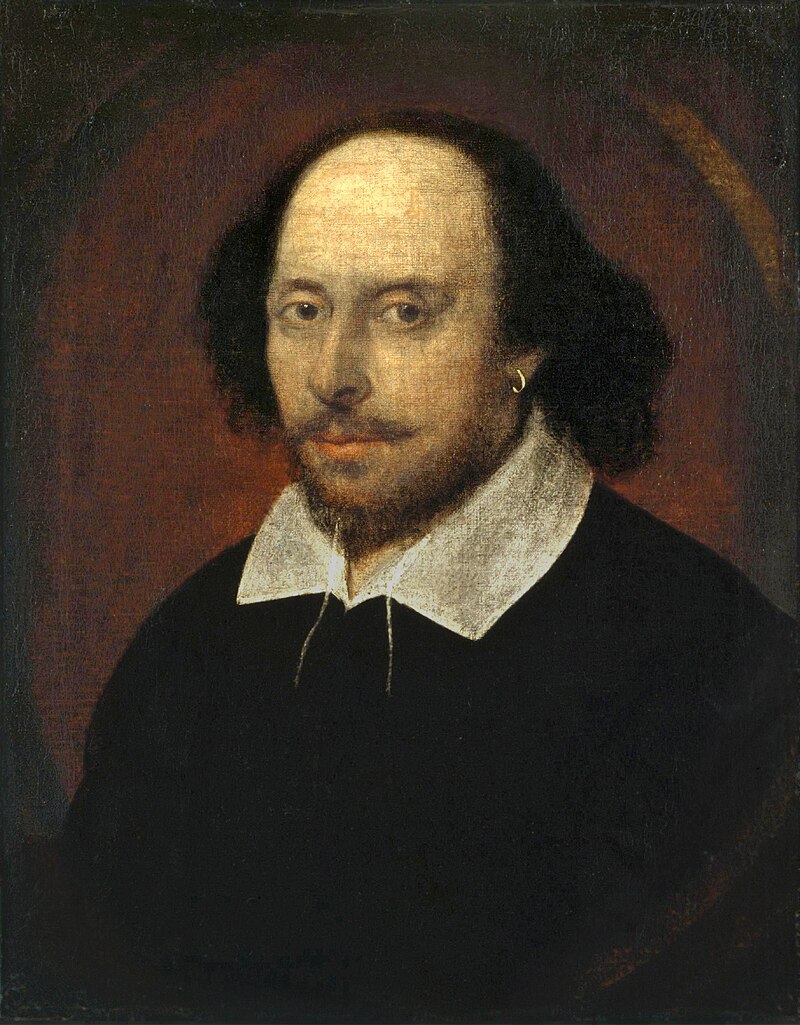![]() It's true, you can access most COM Library resources at home! COM Library’s catalog, and the thousands of eBooks and articles in our databases can all be accessed off campus. Just login with your COM account for off campus access.
It's true, you can access most COM Library resources at home! COM Library’s catalog, and the thousands of eBooks and articles in our databases can all be accessed off campus. Just login with your COM account for off campus access.
 The earliest surviving works are from the Old English period (475-1000). Mainly poems in the heroic mould, epics such as Beowulf belong to an oral tradition but were written down in the 7th century. Alfred the Great translated a number of Latin works into the vernacular and initiated the Anglo Saxon Chronicle. Norman French replaced Old English as the language of the ruling classes after 1066, and the influence of French literature was reflected in the numerous romances centred around the stories of Charlemagne and the legends of King Arthur. The native tradition of alliterative poetry re-emerged in the 14th century in the works of Langland, Malory and Geoffrey Chaucer, whose talent was unrivalled until the 16th century.
The earliest surviving works are from the Old English period (475-1000). Mainly poems in the heroic mould, epics such as Beowulf belong to an oral tradition but were written down in the 7th century. Alfred the Great translated a number of Latin works into the vernacular and initiated the Anglo Saxon Chronicle. Norman French replaced Old English as the language of the ruling classes after 1066, and the influence of French literature was reflected in the numerous romances centred around the stories of Charlemagne and the legends of King Arthur. The native tradition of alliterative poetry re-emerged in the 14th century in the works of Langland, Malory and Geoffrey Chaucer, whose talent was unrivalled until the 16th century.
Humanism and the Renaissance influenced English writing in the 16th century. William Shakespeare and Christopher Marlowe were the leading figures in Elizabethan drama. Shakespeare's late works formed a bridge with the Jacobean era. Edmund Spenser and Philip Sidney ensured the period was also a golden age for poetry. John Donne and the Metaphysical poets continued this tradition, but the poetry of Milton was unsurpassed in the 17th century. English prose flourished with the production of the Authorised Version of the Bible in 1611.
After the Restoration, drama revived in the comedies of Congreve, while the satiric prose of Swift, the poetry of Pope, the drama of Goldsmith and the criticism of Samuel Johnson typify the classical ideals of the Augustan age (c.1690-1740). The novel emerged during the early 18th century, with works by Defoe, Richardson, Fielding, Sterne and Smollett, and was developed further in the 19th century by Jane Austen, Walter Scott, Thackeray, the Brontë, Eliot, and Dickens.
The Romantic movement, presaged by Blake's visionary poetry, gained full expression with Wordsworth and Coleridge and was developed by Keats, Byron, and Shelley. The major Victorian poets were Tennyson and Robert and Elizabeth Browning. The wit of Shaw and Wilde and the bleak novels of Hardy gave way to the cynicism of war poets such as Siegfried Sassoon. The novels of James Joyce, Virginia Woolf, and D.H. Lawrence, and the poetic dramas of T.S. Eliot, best realised the formal inventions of modernism. W.B. Yeats looked back to the visions of Blake. The novel diversified with the writings of Aldous Huxley, Evelyn Waugh, and Graham Greene. In the 1930s, W.H. Auden produced explicitly political poems and Noel Coward lampooned the British class system. The 1950s saw the emergence of the 'Angry Young Men', including John Osborne and Kingsley Amis, and the absurdist plays of Samuel Beckett. Post-war novelists include Anthony Burgess, William Golding, Iris Murdoch, Angela Carter, and Salman Rushdie; dramatists include Harold Pinter, Tom Stoppard, Joe Orton and David Hare; poets include Dylan Thomas, Philip Larkin, Ted Hughes, and Seamus Heaney.
![]()
© 2023 COM Library
1200 Amburn Road, Texas City, Texas 77591
409-933-8448 . FAX 409-933-8030
This work is licensed under a Creative Commons Attribution-NonCommercial 4.0 International License
Class Poll